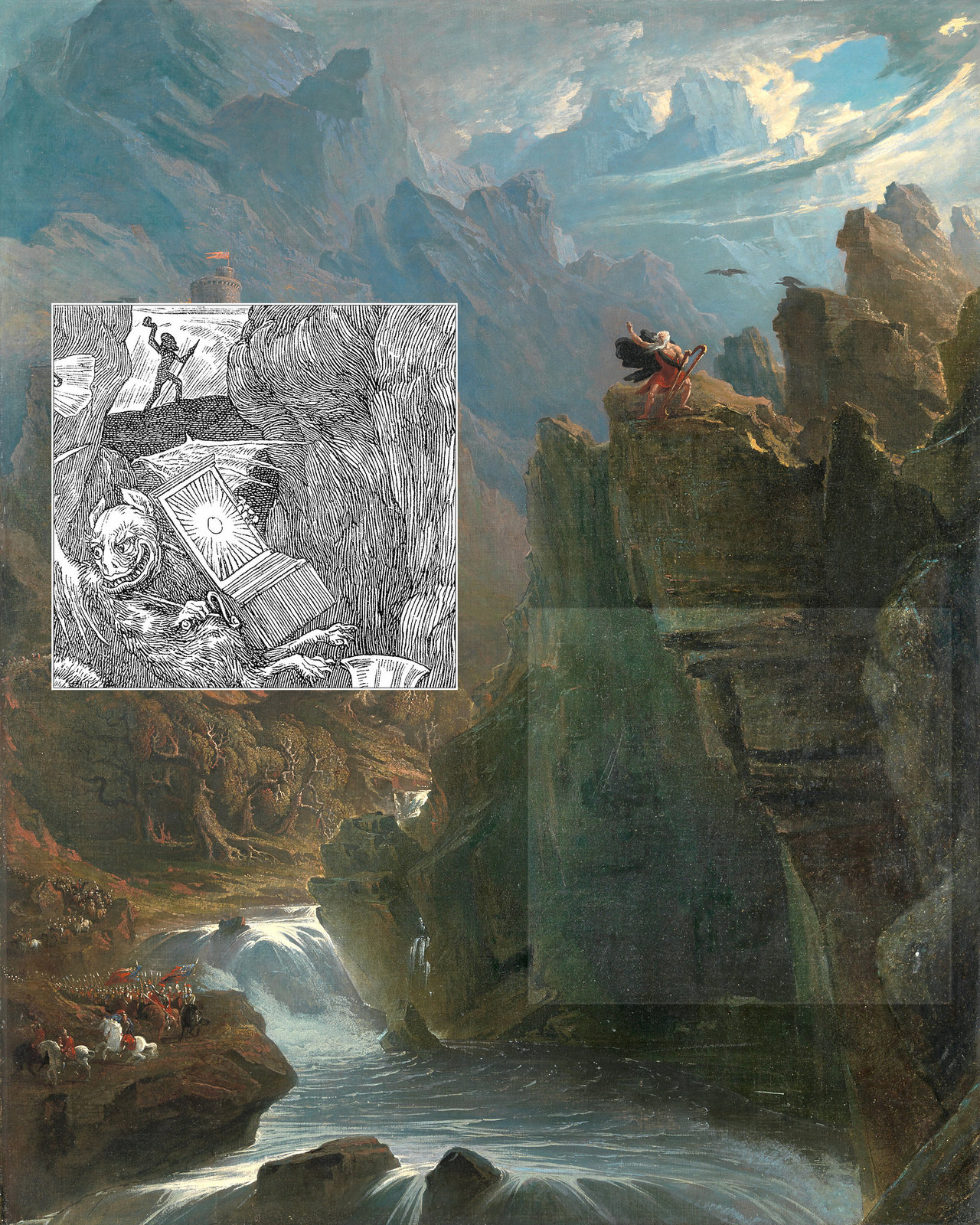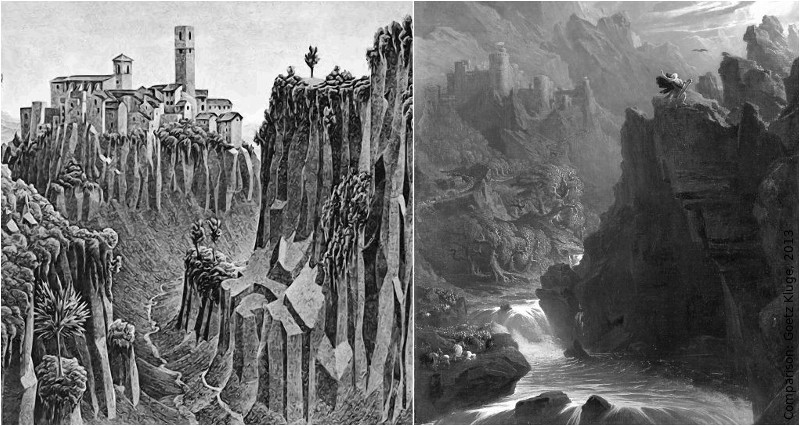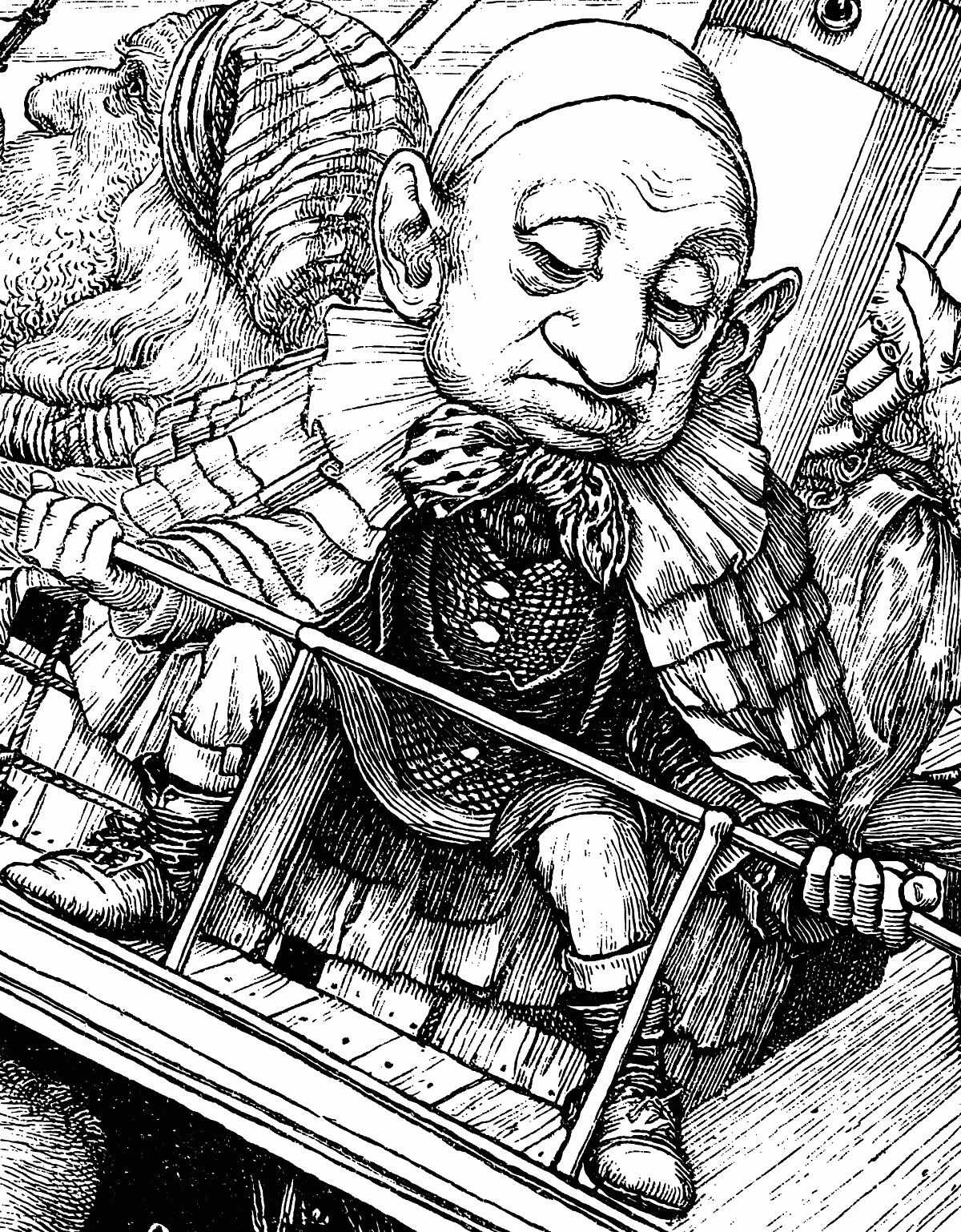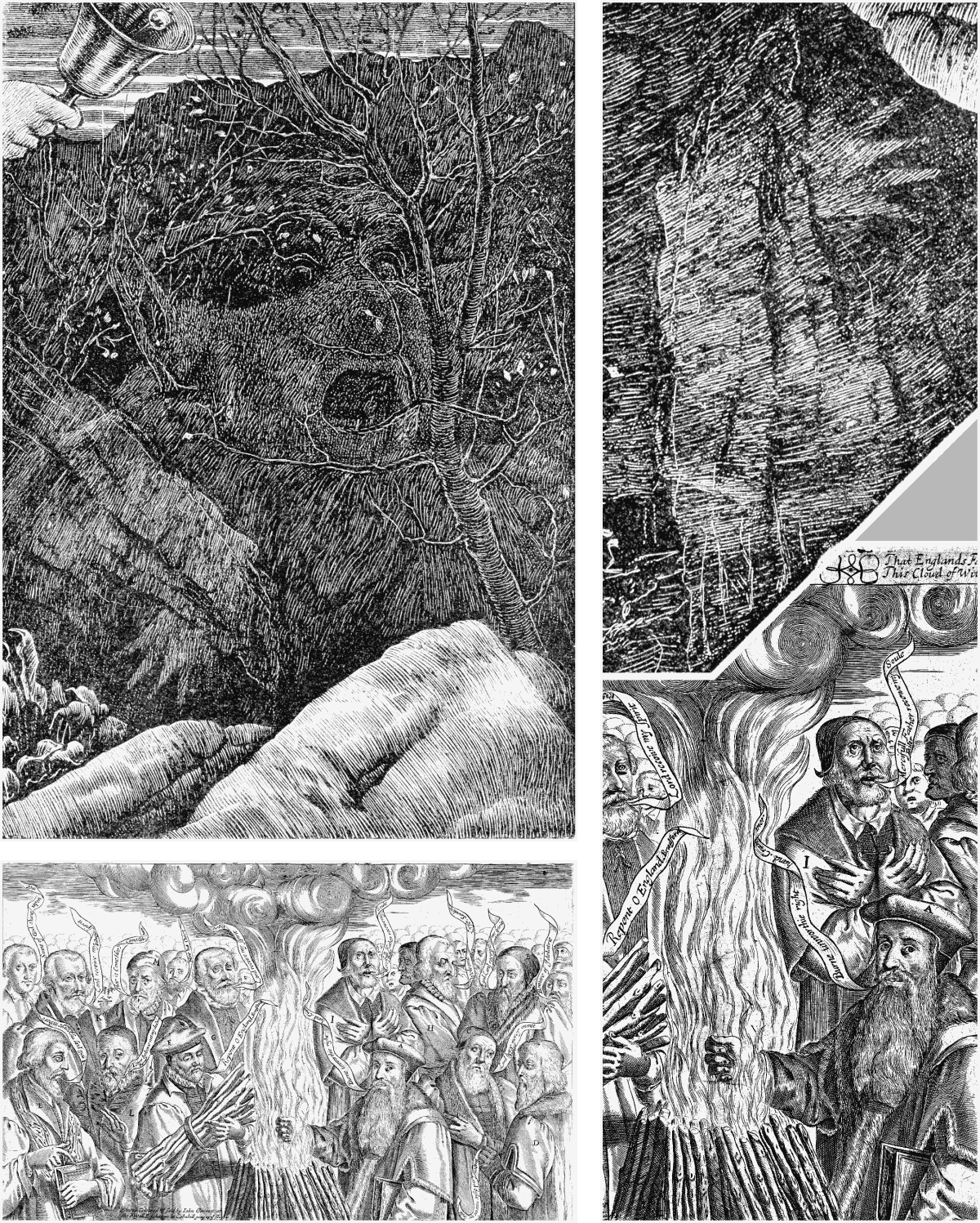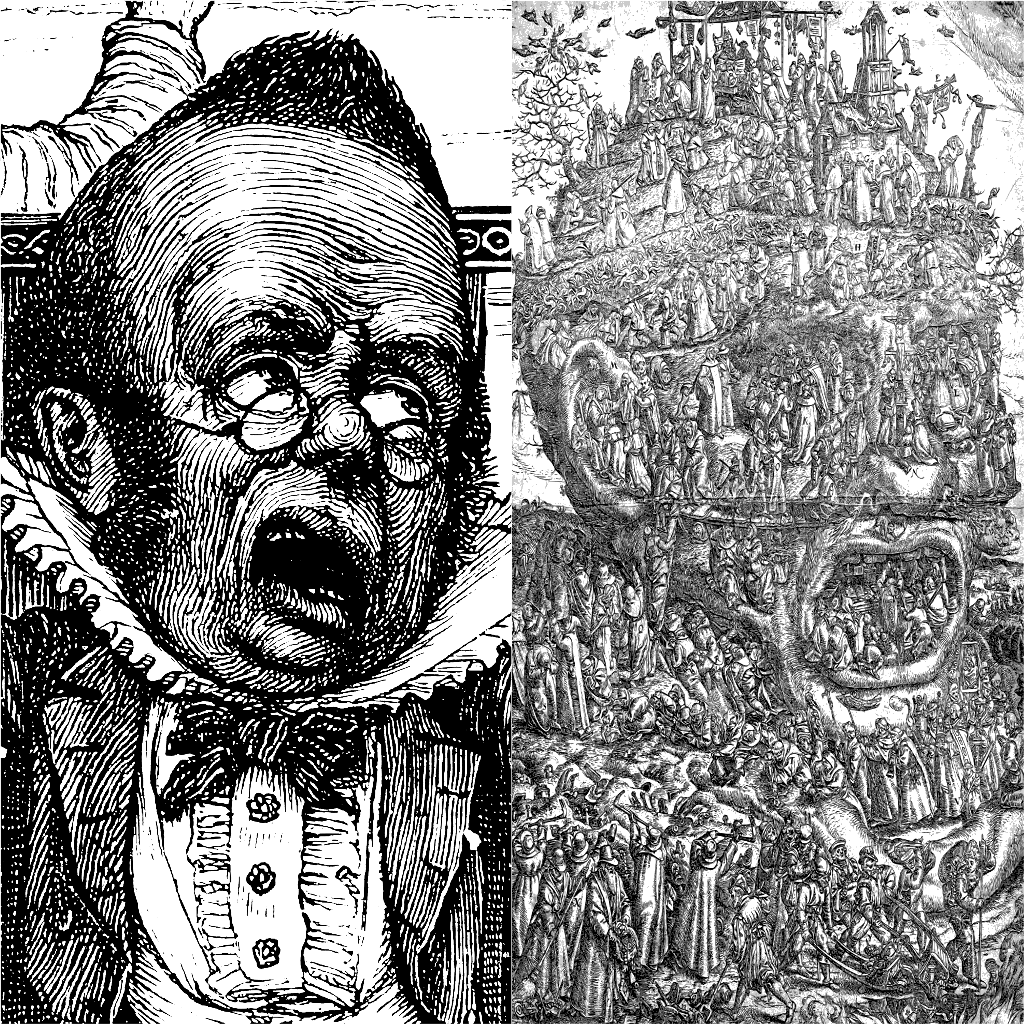In C.L Dodgson’s days, some members of the Anglican clergy were not happy with their 39 Articles (1563, revised 1571). And it seems that the Deacon Dodgson was not happy with these colleagues. He objected especially to the last article in Thomas Cranmer’s 42 Articles (1553), which didn’t make it into the 39 Articles. Dodgson did not accept the dogma of eternal punishment.
So I always was curious to learn more about attempts to restore the articles which were withdrawn from the 42 articles. I found an answer in Essays and Reviews: Richard Bethell 1st Baron Westbury thought of the 39 Elizabethian Articles of Religion as “meagre and disjointed extracts [from Thomas Cranmer’s 42 Articles] which have been allowed to remain in the reformed Articles”.
It is material to observe that in the Articles of King Edward VI., framed in 1552, the Forty-second Article was in the following words:-
“‘All men shall not bee saved at the length.’ —
Thei also are worthie of condemnation who indevoure at this time to restore the dangerouse opinion, that al menne, be thei never so ungodlie, shall at lengtht bee saved, when thei have suffered paines for their sinnes a certain time appoincted by God’s justice.”This Article was omitted from the Thirty-nine Articles of Religion in the year 1562, and it might be said that the effect of sustaining the Judgment of the Court below on this charge would be to restore the Article so withdrawn.
We are not required, or at liberty, to express any opinion upon the mysterious question of the eternity of final punishment, further than to say that we do not find in the Formularies, to which this Article refers, any such distinct declaration of our Church upon the subject as to require us to condemn as penal the expression of hope by clergyman, that even the ultimate pardon of the wicked, who are condemned in the day of judgment, may be consistent with the will of Almighty God.
We desire to repeat that the meagre and disjointed extracts which have been allowed to remain in the reformed Articles, are alone the subject of our Judgment. On the design and general tendency of the book called “Essays and Reviews,” and on the effect or aim of the whole Essay of Dr. Williams, or the whole Essay of Mr. Wilson, we neither can nor do pronounce any opinion On the short extracts before us, our Judgment is that the Charges are not proved.
Source: Excerpt (pp. 762-764 in ER) from Trial and Appeals, 1861 to 1864: “Erroneous, Strange, and Heretical Doctrines”, B “This Great Appeal”: Before the Judicial Committee if the Privy Council, III The Judgement [1864-02-08, by Lord Westbury] of the Lord Chancellor.
For comments: Mastodon | Twitter
2022-01-19, updated: 2023-01-21

